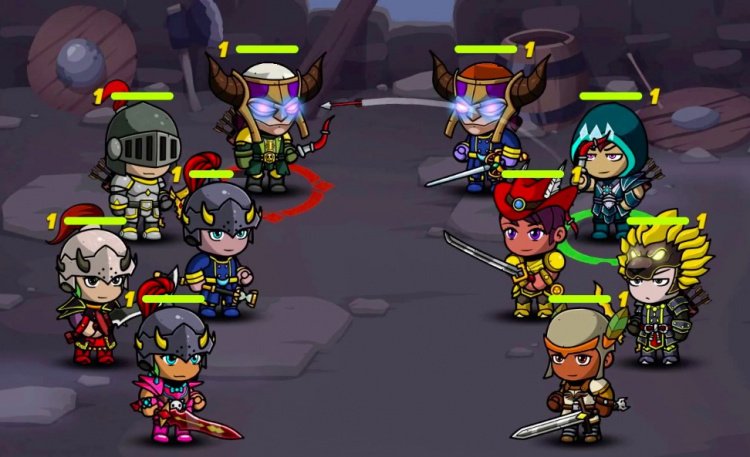Crypto Games: Past, Present, and Prospects

It’s been two years since the first blockchain game, which would use smart contracts instead of a server and backend, was launched. The well-known Crypto Kitties were the pioneers, who provoked the interest of users and developers in crypto games. Needless to say, their number began to grow exponentially. But the excitement towards blockchain entertainment quickly reached its peak and sharply waned in early 2018.
The discussion of crypto games became one of the main ones at the meeting of developers working on the NEO blockchain platform, which took place in St. Petersburg, Russia last Monday. According to the MyWish CEO, Vladimir TIKHOMIROV, who spoke at the meeting, the low competition in the field of blockchain games attracts developers:
“It would seem that the market for mobile and social network games is very profitable. But every day about 1000 new games are released or updated on the AppStore. Imagine, your game will be one in a thousand. Will anyone notice you? Of course not. In this sense, blockchain is very attractive, because the crypto game market is not full yet. At the same time, games, even on the blockchain, still remain profitable and high-margin business.”
The main factor that attracts users to blockchain games, of course, is the ability to earn. Gamers can sell their game achievements, in the form of acquired weapons or skills for cryptocurrency. In the case of games on NEO, it will be their own token and Gas.
At the same time, the need to have a crypto wallet in a certain currency can be an additional obstacle to attracting new users to the game. In addition, the uncertainty of crypto regulation, which persists in many countries, leads the gamers, who wish to sell or exchange what they earned in the game for fiat, to the “grey zone”.
The speed of blockchain transactions, especially in Ethereum, is still low, which means that not every user will be ready to wait for minutes until his action in the game appears on the blockchain and receives all the necessary confirmations. This obstacle greatly limits all game scenarios and makes you forget about full real-time.
However, the crypto-game boom is not expected yet. The time and cost of their development are very high since there are still not enough smart contract developing specialists in the market. And their number is still incomparably smaller than the number of simple JavaScript clicker games’ developers.